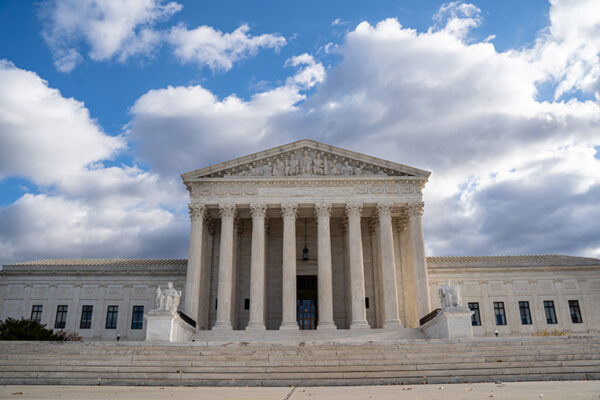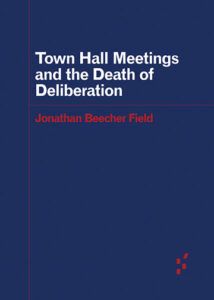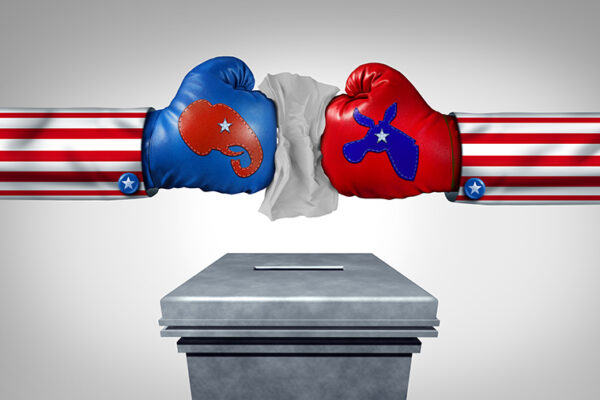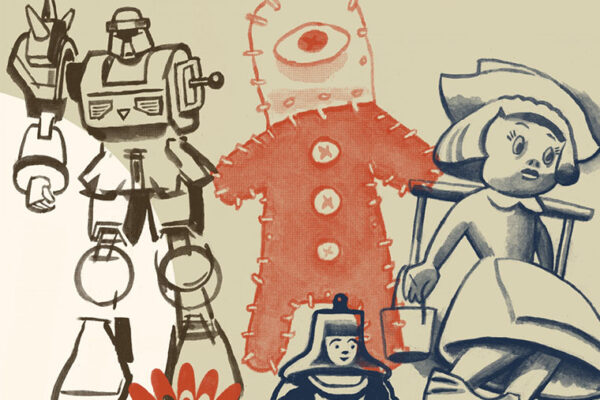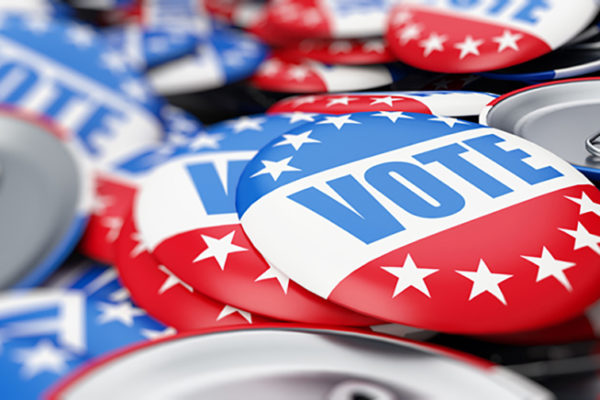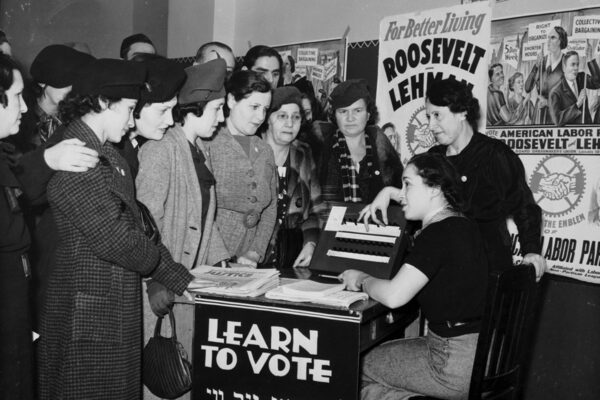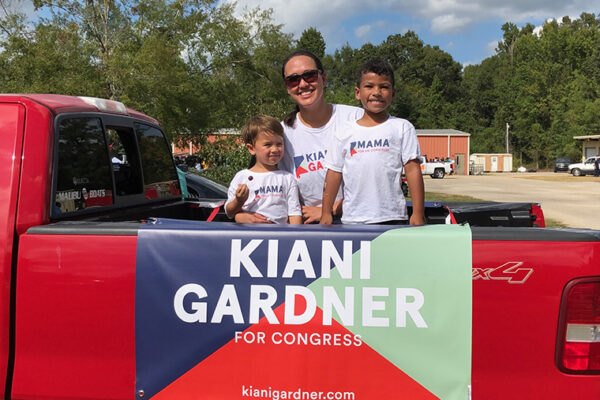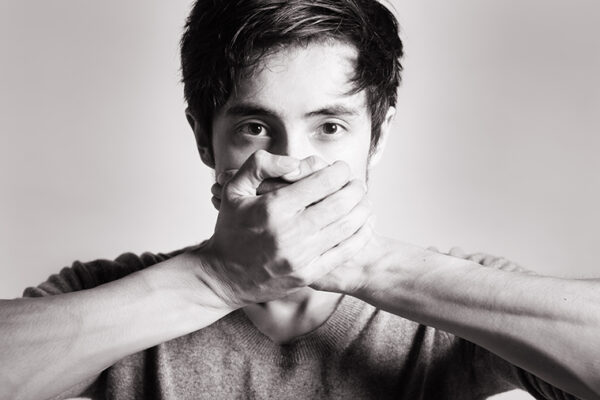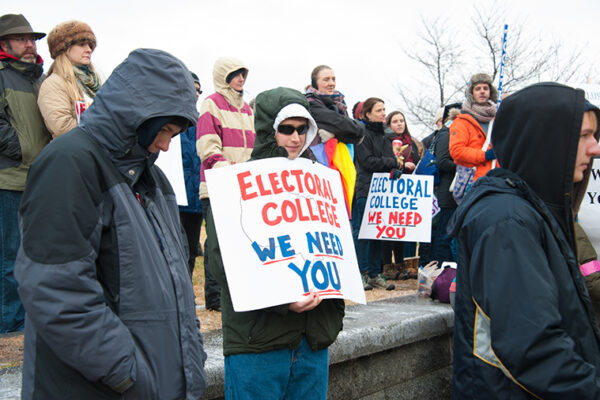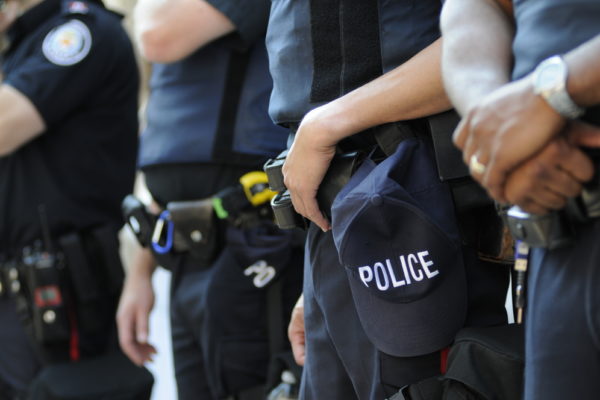Supreme nomination system ‘makes no sense’
Daniel Epps, associate professor in the School of Law at Washington University in St. Louis, and Steven Smith, Kate M. Gregg Distinguished Professor of Social Science, weigh in on who has the most to lose before the election if a nomination is completed, how this situation differs from the Senate-stalled Merrick Garland nomination in 2016 and why the nomination system needs to change.
Town Hall Meetings and the Death of Deliberation
Jonathan Beecher Field, AB ’91, tracks the permutations of the town hall meeting from its original context as a form of democratic community governance in New England into a format for presidential debates and a staple of corporate governance.
Rigged election? Partisans view threats to election integrity differently
Even before they cast their votes, partisans of different stripes are poised to question the legitimacy of the election outcome, but for different reasons. According to political scientist Steven Smith at Washington University in St. Louis, findings of The American Social Survey, sponsored by the university’s Weidenbaum Center, indicate that the intensity of candidate and media attention about voting fraud threats — real or not — is influencing views of the legitimacy of the election outcome in November.
The ABCs of art and politics
Acclaimed artist and author D.B. Dowd discusses art, politics and his new book, “A is for Autocrat.”
Voting Rights Act should apply to federal government
In light of President Trump’s recent attacks on the United States Postal Service, Section 2 of the Voting Rights Act should be revised to prohibit racial discrimination in voting by the federal government, says a Washington University in St. Louis expert on voting rights.
What came next
Women earned the right to vote, but what kind of impact did they have? Political scientists and Arts & Sciences alumni Christina Wolbrecht and J. Kevin Corder analyze 100 years of election history
Following the data
With a desire to help improve her new community, cell biologist Kiani Gardner puts public service to the test.
Free speech? Nearly half of Americans self-censor, study finds
In an age when social media ensures everyone can have a voice, more Americans than ever — some 40% — are choosing to keep their mouths shut rather than express their opinions.
Electoral College ruling contradicts Founders’ ‘original intent’
While the Supreme Court decision limits the independence of electors and prevents a potential source of uncertainty in the upcoming presidential election, it contradicts the Constitution framers’ intentions for the Electoral College, according to a political science expert at Washington University in St. Louis.
Congress unlikely to act on police reform
The U.S. House and Senate are at a stalemate over enacting sweeping police reforms in the wake of the death of George Floyd and other Black Americans. The gulf between the Democratic and Republican proposed solutions is wide and neither side seems willing to bend, says an expert on criminal legal reform at Washington University in St. Louis.
Older Stories
